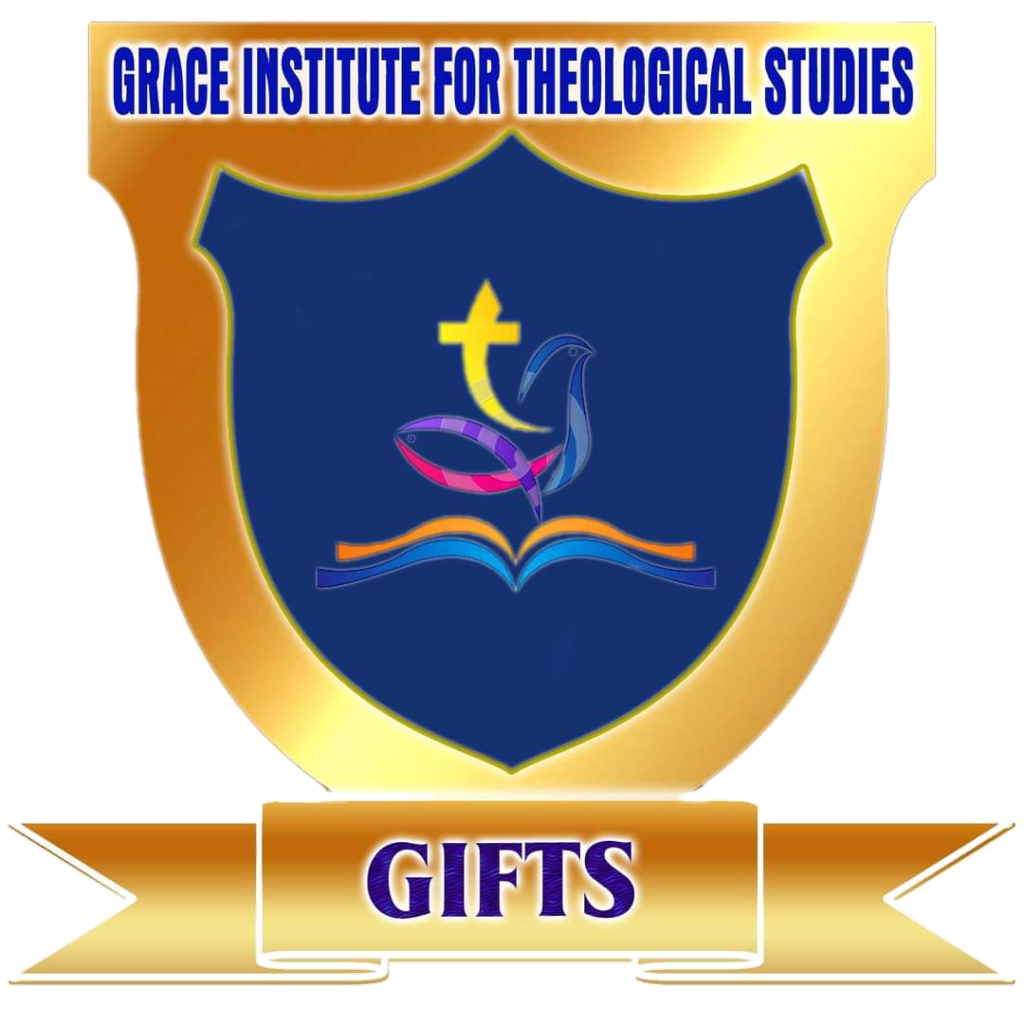Diploma in Missiology
A Diploma in Missiology is designed to provide a comprehensive understanding of the biblical, theological, cultural, and strategic aspects of Christian missions. This program prepares students to engage effectively in cross-cultural ministry, church planting, and mission work in both local and global contexts. It is ideal for those who feel called to missionary work, as well as church leaders, ministry coordinators, and laypersons interested in understanding the mission of the church.
Diploma in Missiology Program
Duration:
- Generally ranges from 1 to 2 years, depending on the institution and the mode of study (full-time, part-time, or online).
Entry Requirements:
- A high school diploma or equivalent.
- Some programs may require a foundational course in theology or prior ministry experience.
- A statement of faith or a recommendation from a church leader may also be required.
Course Content: The curriculum typically combines theological education with practical mission training. Key courses may include:
Introduction to Missiology: Overview of the biblical basis for missions, including the study of key Scriptures related to God’s mission and the church’s role in the world. This course introduces foundational missiological concepts and frameworks.
Biblical Theology of Mission: Exploration of mission themes throughout the Bible, from the Old Testament to the New Testament. This course emphasizes understanding God’s redemptive plan for humanity and how it informs the mission of the church.
History of Christian Missions: Study of the development of Christian missions from the early church to the present. This course covers significant missionary movements, key figures, and events that have shaped global missions.
Cross-Cultural Communication: Training in effective communication and ministry in diverse cultural contexts. This course covers cultural anthropology, contextualization, and principles for overcoming cultural barriers in mission work.
Church Planting and Growth: Focus on principles and strategies for planting and growing churches in different cultural settings. Topics may include evangelism, discipleship, leadership development, and community engagement.
World Religions and Christian Apologetics: Study of major world religions and belief systems, such as Islam, Hinduism, Buddhism, and secular humanism. This course also covers apologetic approaches to sharing the Christian faith with adherents of other religions.
Mission Strategy and Practice: Practical training in developing and implementing mission strategies for various contexts. This course may include project planning, team building, fundraising, and resource management.
Urban Missions and Social Justice: Exploration of missions in urban settings and the role of the church in addressing issues of poverty, injustice, and social inequality. This course emphasizes holistic mission approaches that combine evangelism with social action.
Practicum or Field Experience: Many programs require a supervised practicum or field experience where students participate in a short-term mission trip or intern with a mission organization. This hands-on experience is essential for applying learned concepts in real-world settings.
Assessment Methods:
- Assessments may include written assignments, presentations, exams, practical ministry projects, and reflective journals. Some programs require a final project or capstone experience focused on mission strategy or cultural analysis.
Mode of Study:
- The program is often available in various formats: on-campus, online, or hybrid. This flexibility allows students to balance their studies with ministry or professional responsibilities.
Career and Ministry Opportunities:
- Graduates can serve in roles such as missionaries, mission coordinators, church planters, evangelists, or cross-cultural ministry leaders. Some may work with mission organizations, NGOs, or Christian relief agencies.
Accreditation and Recognition:
- It is important to choose a program accredited by a recognized theological accrediting body to ensure quality education and acceptance within churches and mission organizations.
Practical Experience:
- Many programs emphasize practical experience, often requiring a mission practicum, internship, or field placement to provide real-world exposure to missionary work.
